

Alborz Fallah
Australia’s road toll climbs despite record speeding fines
5 Hours Ago

Contributor
How does a solid-state-battery powered Nissan ute sound?
Nissan has officially unveiled its prototype solid-state battery production facility at its Research Centre in Kanagawa Prefecture, Japan.
Nissan says solid-state batteries have an energy density “approximately twice that of conventional lithium-ion batteries, significantly shorter charging time due superior charge/discharge performance, and lower cost thanks to the opportunity of using less expensive materials”.
As announced at its Nissan Ambition 2030 event in November 2021, Nissan is aiming to launch an electric vehicle (EV) with its proprietary all-solid-state batteries (ASSBs) in fiscal year 2028.
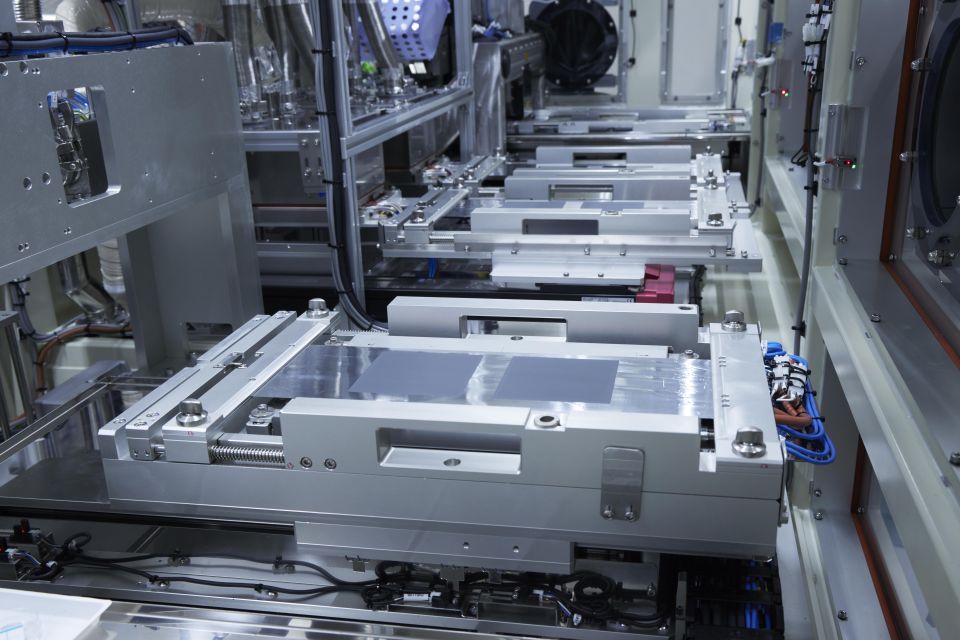
The Japanese automaker is also expecting to use its ASSB technology in a “wide range of vehicle segments, including pickup trucks”.
The solid-state-battery powered pickup truck could potentially be similar to the Surf-Out concept which is a single-cab electric ute with a low and flat cargo area, and a focus on off-road ability.
Nissan plans to establish a pilot production line at its Yokohama production plant in fiscal year 2024 using the materials, design and manufacturing processes from the prototype production facility.
It says the cost of its solid-state batteries can be reduced to $75 per kWh in fiscal year 2028 and to $65 per kWh thereafter, which will bring costs of ASSB-equipped vehicles into parity with internal-combustion engine (ICE) vehicles.
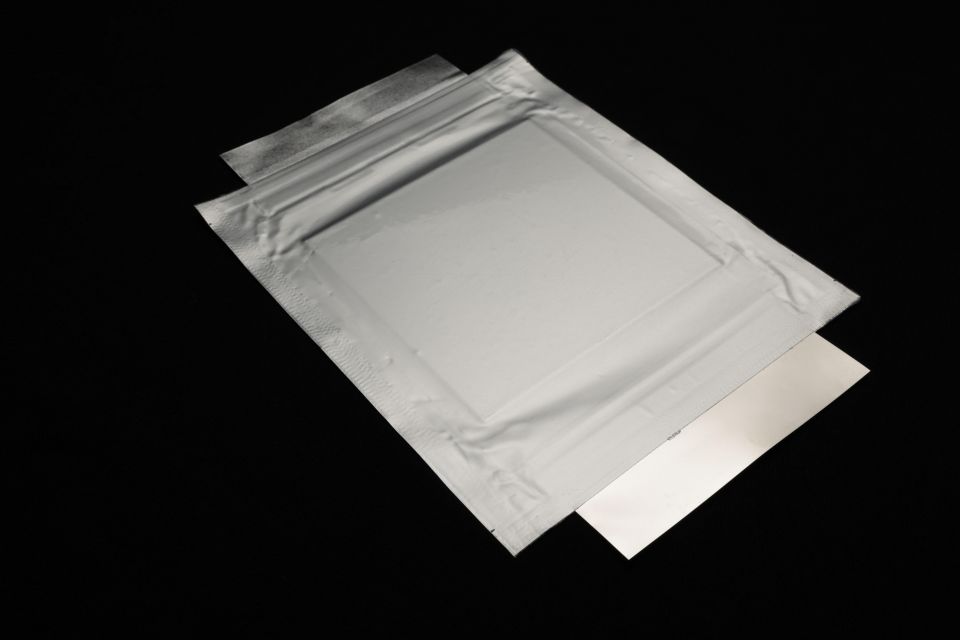
Nissan also previously announced it’s leading development of solid-state batteries for its Alliance partners, Renault and Mitsubishi.
At its Renault-Nissan-Mitsubishi Alliance 2030 roadmap, the Alliance said it plans to spend €23 billion ($A33.38 billion) in the next five years on electrification, and hopes to achieve a total of 220GWh battery production capacity for EVs by 2030.
Plenty of vehicles were announced as part of the roadmap as well, including a Mitsubishi ASX successor based on the Renault Captur and a Nissan Micra successor based on the new Renault 5.
Nissan isn’t alone in exploring the mainstream feasibility of solid-state battery technology, with many other automakers getting in on the action as well.
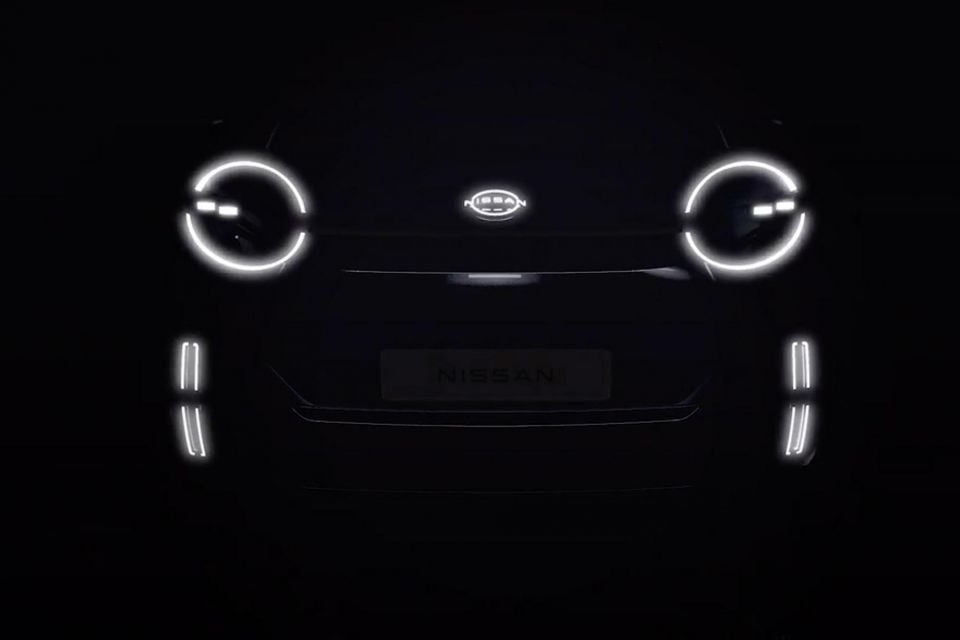
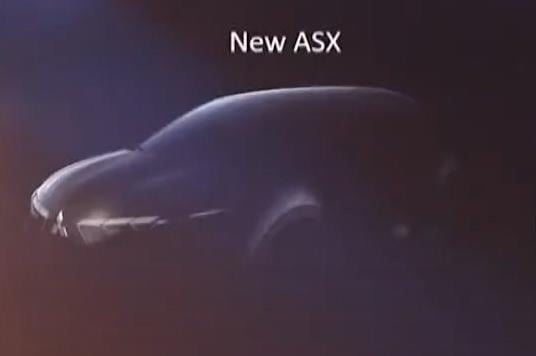
Toyota announced in late 2021 it aims to sell zero-emission cars in Europe by 2035 using solid-state battery technology.
The Japanese giant has been testing the technology since 2020 and says it’ll first introduce solid-state batteries in its hybrid vehicles.
Toyota says using the batteries in its hybrids first will enable it to gain customer feedback before rolling out the technology in its upcoming EVs.
It also says a short service life is the primary concern with the batteries, and is therefore continuing its development of solid electrolyte materials.
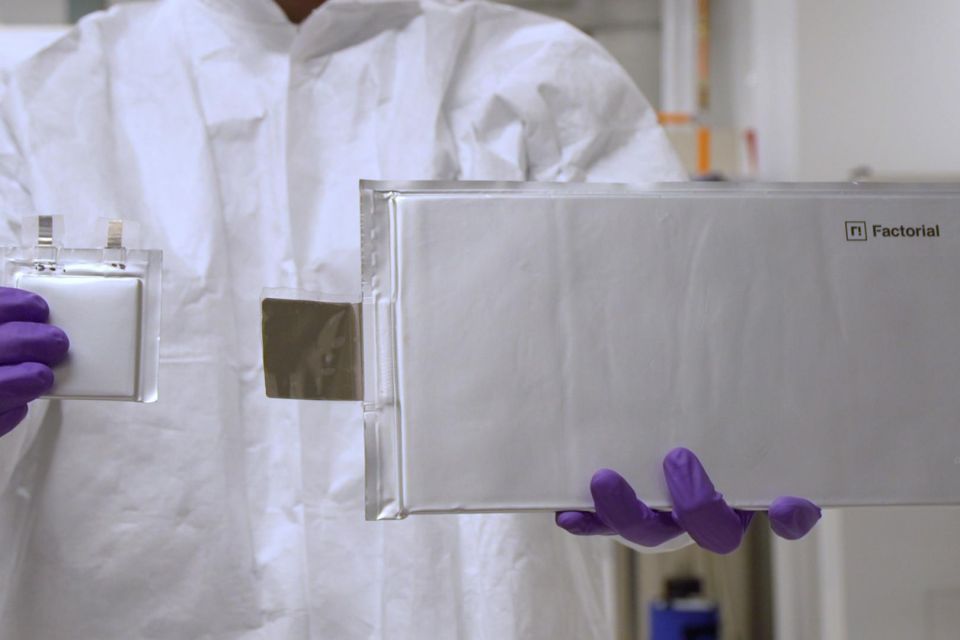
Another issue that has appeared with solid-state batteries is their poor performance in colder temperatures.
Stellantis and Mercedes-Benz announced in late 2021 they’ve jumped on the sold-state battery train and signed joint agreements with US-based Factorial Energy to develop solid-state batteries for their vehicles.
The companies aim to introduce their “first competitive solid-state battery technology” by 2026.
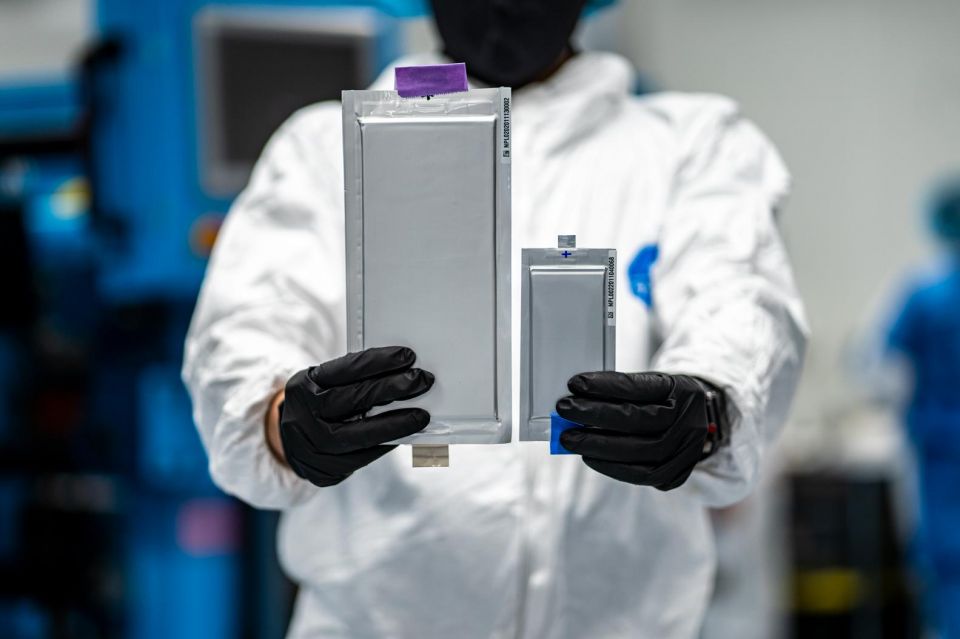
Hyundai and Kia have also partnered with Factorial Energy to test its solid-state batteries in EVs.
BMW and Ford have both invested in a rival US startup called Solid Power that also specialises in solid-state batteries. Hyundai’s previously invested in this company too.
In December 2020, Volkswagen-backed company QuantumScape announced it’ll have its solid-state batteries ready for production in 2024, while GM’s battery development centre in Warren, Michigan will develop solid-state batteries among other battery types, including silicon.
MORE: Solid-state batteries: What are they? MORE: Nissan announces $24.6 billion electrification plans, four EV concepts MORE: Nissan set to develop solid-state batteries for Alliance
Where expert car reviews meet expert car buying – CarExpert gives you trusted advice, personalised service and real savings on your next new car.
Jack Quick is an automotive journalist based in Melbourne. Jack studied journalism and photography at Deakin University in Burwood, and previously represented the university in dance nationally. In his spare time, he loves to pump Charli XCX and play a bit of Grand Theft Auto. He’s also the proud owner of a blue, manual 2020 Suzuki Jimny.


Alborz Fallah
5 Hours Ago


Marton Pettendy
7 Hours Ago
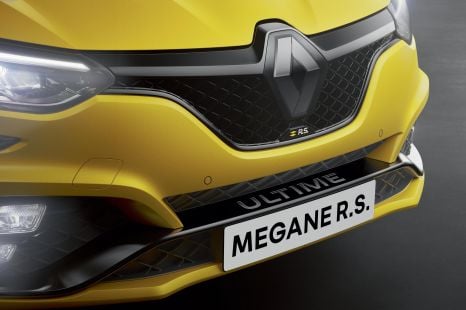

Ben Zachariah
9 Hours Ago
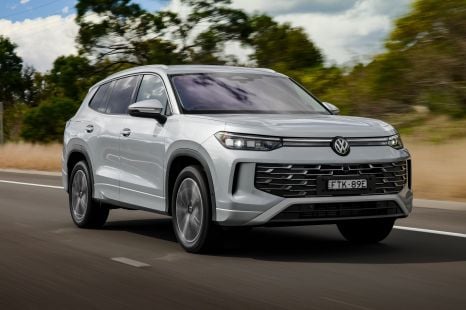

Damion Smy
9 Hours Ago
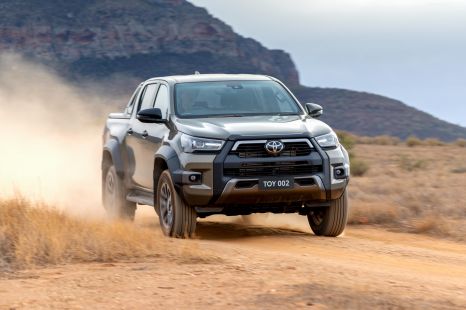

Damion Smy
11 Hours Ago
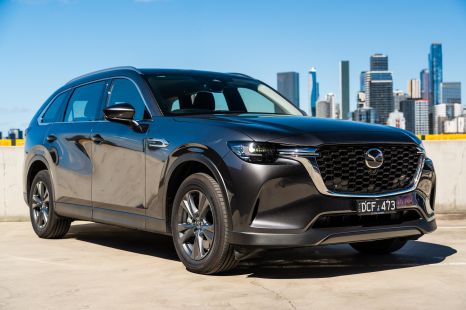

William Stopford
11 Hours Ago